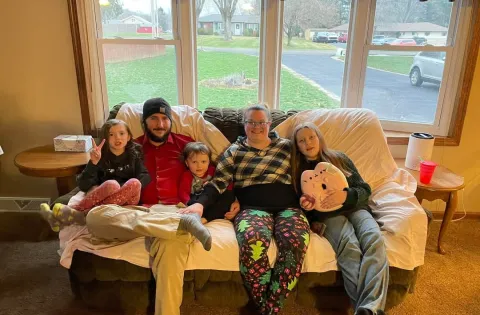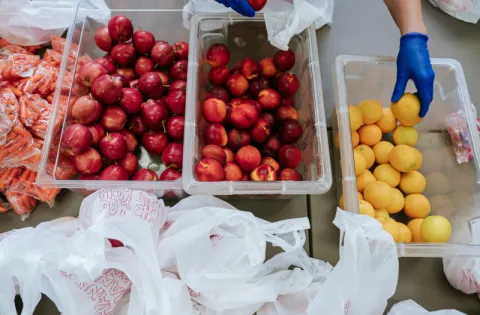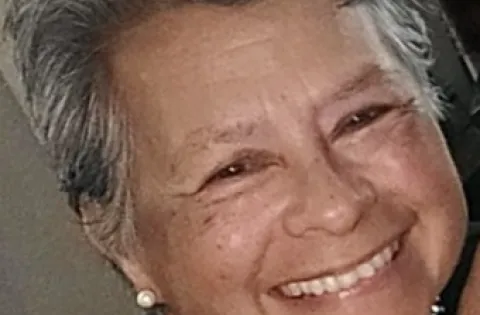
It is well known that a primary driver for health is access to nutritious foods, and with 1 in 5 kids in America living with hunger, there is an important connection to be made between health care and food access. No Kid Hungry, in collaboration with the American Academy of Pediatrics (AAP), aims to strengthen the connection between healthcare professionals and families by increasing training and support resources for pediatricians to screen families for food insecurity and refer them to federal nutrition programs like SNAP and WIC.
“WIC and our pediatrician’s office have helped tremendously,” a parent from Colorado shared recently in a national survey.
This survey was conducted by RAPID, a project based at the Stanford Center on Early Childhood. The survey respondents report that pediatricians are the number one resource they turn to when looking for advice on their child’s health. RAPID, is an ongoing project that aims to use data to elevate the needs and opportunities to support building health and wellness for families. No Kid Hungry helped inform the survey by drafting questions used to gather relevant data. The survey, which brought attention to the pivotal roles that pediatricians play in addressing food insecurity, revealed key indicators of their influence and impact:
- 88% of respondents expressed trust in their child's pediatrician.
- Two-thirds of survey participants indicated a higher likelihood of signing up for federal nutrition programs like SNAP and WIC if recommended by their pediatrician based on eligibility.
- Surprisingly, less than one-third of respondents reported being asked by their pediatricians about challenges in accessing food for their families.
The outcomes of this survey demonstrate the importance of the No Kid Hungry partnership with the American Academy of Pediatrics to ensure providers are engaged in connecting families with the resources and programs needed for kids to thrive. With support from No Kid Hungry, AAP has trained over 5,500 providers on food insecurity screening and referrals and engaged with 14 local AAP chapters in projects to improve state and local ‘screen and intervene’ practices. These combined initiatives are making a difference for families in how they learn about and become enrolled in federal nutrition programs. Highlighted in the report, AAP member, Dr. Montez, shares a real-world example of how pediatricians are connecting families with the WIC program.
To learn more about No Kid Hungry’s partnership with the American Academy of Pediatrics, listen to the Add Passion and Stir Podcast with AAP, CEO and EVP, Mark Del Monte and Dr. Kimberly Montez.


